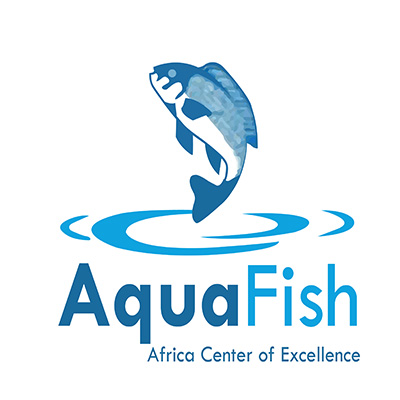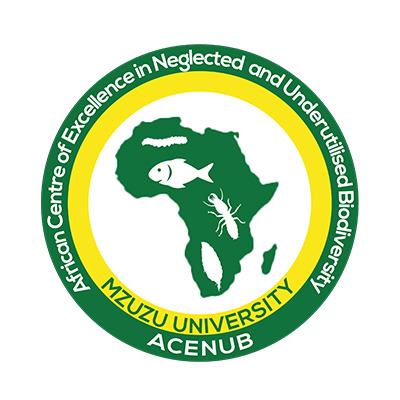Members of the General-Purposes Committee of the East African Legislative Assembly (EALA) paid a visit to the Inter-University Council for East Africa (IUCEA) on September 7th, 2021, to assess the status of implementation of harmonization of higher education systems in the region. IUCEA is an institution of the East African Community (EAC) responsible for coordinating the development and harmonisation of higher education and research in the Community. IUCEA is mandated to establish frameworks for harmonisation of higher education in the EAC as envisioned in the EAC Common Market Protocol that came into force in 2010.
“It is my pleasure to welcome you to the oldest institution of the EAC. One of the achievements of IUCEA is the declaration of the EAC into a Common Higher Education Area in May 2017,” said Prof. Gaspard Banyankimbona, Executive Secretary, IUCEA.
Prof. Banyankimbona noted that the EALA visit took place at a difficult period when the world is reeling with the effects of the Coronavirus and thanked members for making a physical visit which gave a tinge of normalcy and hope to IUCEA.
“We count on your support, chairperson, and through you, the support of the entire Community to be able to make timely delivery on our mandate and on our vision to become the leading EAC institution for an exemplary Common Higher Education Area for a prosperous East African Community,” he said.
The Chairperson of the General Purposes Committee, Hon. Dennis Namara, said their mandate is wide-ranging from health and education to youth and gender.
“We are here to interact with IUCEA on the status of harmonisation of higher education systems in East Africa. How far have we reached in ensuring that we are working under one harmonised system in higher education? This goes hand in hand with the issue of scholarships, how do the people access these scholarships,” said Hon. Namara.
He added, “We want to thank IUCEA because in our operations as a committee, we find IUCEA on point on matters of budgeting. IUCEA is able to execute their mandate without a lot of issues and we thank you for the good work you are doing as the oldest institution of the Community.”
Visit to Makerere University
IUCEA is a regional facilitation unit for the World Bank financed Eastern and Southern Africa Higher Education Africa Centers of Excellence (ACE II) project. In that regard, members of EALA went to visit the Centers of Excellence at Makerere University. They were received by the Vice Chancellor, Prof. Barnabas Nawangwe.
There are 24 Higher Education Centers of Excellence spread out at 16 universities in eight countries. Makerere University hosts two centers– Makerere University Regional Centre for Crop Improvement (MaRCCI) and Centre of Materials, Product Development & Nanotechnology (MAPRONANO).
MaRCCI’s goal is to train plant breeders who can use cutting-edge science to develop and deliver improved crop varieties. Dr. Richard Edema, the Center Director, informed the members that MaRCCI’s crop improvement research is mainly in plant breeding with a focus on two climate resilient crops – sorghum and cowpea. Improved crop varieties result in higher production and improved food, nutrition and income security. Dr. Edema informed members that the College of Agriculture has a large seedling storage facility.
“The issue of a seedling bank is important because many farmers have been duped into buying fake seeds,” said Hon. Yahya Maryam Ussi. She called on MaRCCI to collaborate with other EAC Partner States to establish more seedling banks in the region.
Hon. Paul Musamali noted, “What you are doing is to add value to our food to ensure that we produce more. As EALA we will support you.”
Hon. Muhirwa observed, “We should have our own basket fund as a region because reliance on outsiders is not sustainable.” He also called on Makerere to make Kiswahili the language of instruction because “Kiswahili is our arm for decolonization.”
Hon. George Odongo asked how the work of researchers and innovators could be scaled up. He called for more collaboration. “The silo mentality of people guarding their turf must stop. Instead of looking for opportunities to collaborate they are looking at how to protect. We need to collaborate more.”
The Center Director for MAPRONANO, Prof. John Baptist Kirabira, told the MPs that the Center’s objective is to enhance training in Nanotechnology and Nanomedicine. MAPRONANO has developed several innovations including a diesel engine fully made locally in partnership with local artisans. Master’s students did the engine design while the undergraduates did the production processes with guidance from the lecturers.
To address COVID-19, MAPRONANO has developed several products including an antibacterial nanocoated cloth mask and a diagnostic rapid test kit for detection of the virus in saliva. Both are in final stages of development.
The Vice Chancellor, Prof. Nawangwe, said the government of Uganda has started funding research and revealed that the university has plans to build a science park where more innovations can be incubated and scaled up.
“Our research budget is 40 million US dollars, but you cannot trace the results of what that money does, but you can trace the results of what the 8 million US dollars from the government has done,” said Prof. Nawangwe. “It is very important that our government realized the need to invest in research because research brings a lot of benefits.”
The IUCEA Executive Secretary thanked EALA for visiting the Centers of Excellence. “We are aware that we need to come up with some kind of legal framework that can help break the barriers for research to emerge and fuel regional integration. We request your political support to get funding for research. Let us have a research and innovation fund like the one here in Uganda,” said Prof. Banyankimbona. “As EALA you can secure the fund to be hosted somewhere. Researchers from Makerere and other universities can apply to undertake initiatives not only for country but for the region.” He further called on the EALA members to visit universities regularly and check on the progress of innovations.










